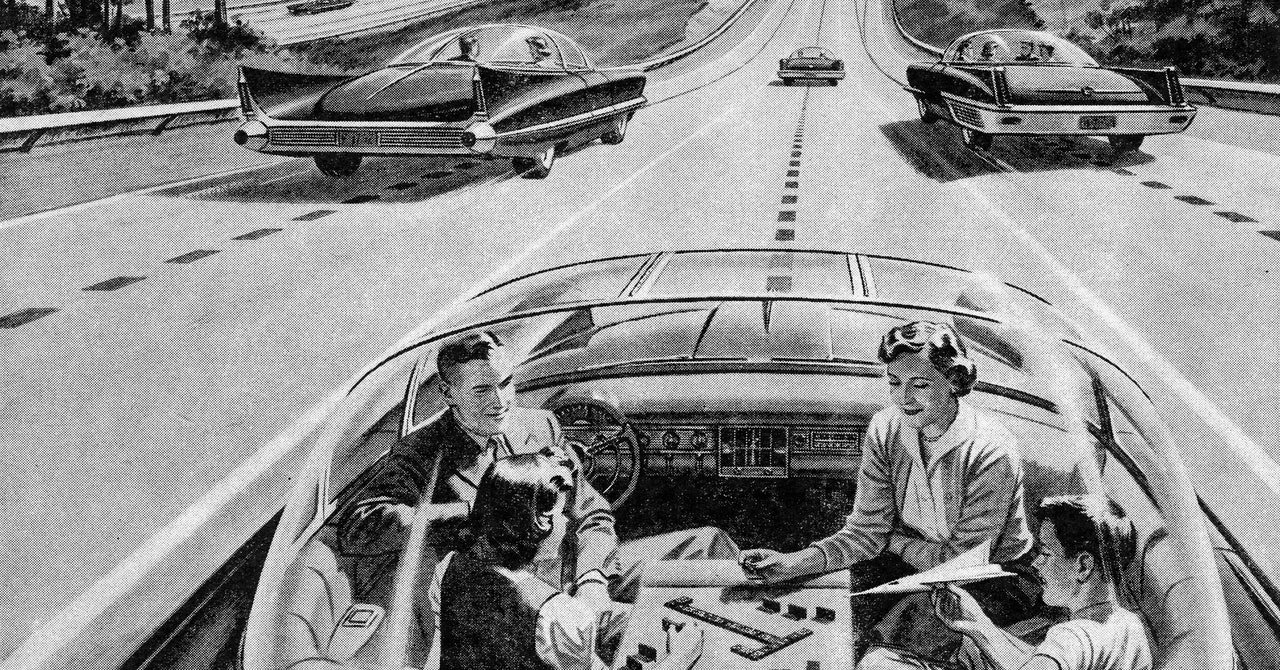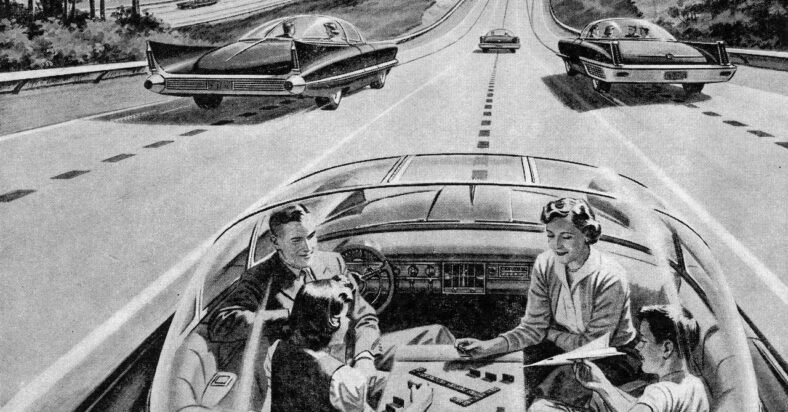

The holiday season is fast approaching, and with it, all manner of uncomfortable conversations with relatives who think they know a lot about a lot but are in fact just walking examples of Dunning-Kruger in action. Not going home is always an option—there’s no reason you should spend your free time with people you can’t stand, after all. But if you are headed home and are not looking forward to having to converse with your uncle or parent over heaped plates of turkey and potatoes, we put together some talking points to debunk their more nonsensical claims about electric vehicles.
Charging an EV Takes Too Long
The number one complaint from people with no experience driving or living with an electric car, cited as a reason for why they will never get an EV, is that it takes too long to recharge them. On the one hand, this attitude is understandable. For more than a century, humans have become accustomed to vehicles that can be refueled in minutes, using very energy-dense liquids that can be pumped into a fuel tank at a rate of up to 10 gallons per minute.
By contrast, batteries are not at all fast to recharge, particularly if you plug into an AC charger.
Even the fastest fast-charging EVs connected to a fast DC fast charger will still need 18 to 20 minutes to go from 10 to 80 percent state of charge, and that, apparently, is more time than some curmudgeons are prepared to wait as they drive from coast to coast as fast as they possibly can.
The thing is, an EV is a paradigm shift compared to a gasoline-powered car. Yes, refueling for that gas car is quick, but it’s also inconvenient, particularly if you live somewhere where all the gas stations keep closing down.
Instead of weekly trips to the gas station—or perhaps more often in some cases—EV owners plug their cars in each night and wake up each morning with a full battery.
I Can’t Charge It at Home
The second-most common reason that people won’t buy an EV is actually a pretty good reason. If you cannot reliably charge your car at home or at work—and I mean reliably—you don’t really have any business buying a plug-in vehicle yet. Yes, you could just treat your nearest fast charger location like a gas station and drive there once or twice a week, but using fast chargers is very expensive compared to plugging in at home, and repeated fast charging is not particularly great for batteries. DC fast charging is for road trips, when you don’t have enough range in your car to get to your destination. But for most daily driving, that just isn’t the case.
But don’t worry, there are plenty of efficient parallel hybrids you can pick from that will serve your needs.
An EV Is Too Expensive
Unfortunately, the promised reduction in the cost of lithium-ion batteries to a point where an electric powertrain is at price parity with a gasoline powertrain has still not arrived. This means that EVs are still more expensive than their fossil-fueled equivalents. But gasoline cars don’t qualify for the IRS clean vehicle tax credit, and in their eagerness to sell EVs, many car manufacturers are offering incentives to customers who don’t qualify for the credit.
Beyond incentives, while it seems like every new EV that gets released costs $80,000 or more, that simply isn’t true. There are at least 11 different EV models to choose from for less than $40,000, and 17 that cost less than the average price of a new car in 2024 ($47,000).
What’s more, 75 percent of American car buyers buy used cars. Why should that be any different for EVs? In fact, used EVs can be a real bargain. They depreciate more than internal combustion engine vehicles thanks in part to the aforementioned tax credit, and there’s now a used EV tax credit of up to $4,000 for buyers who qualify. We’re even expecting quite a glut of EVs to arrive on the used market in a year or so as leases start to expire.
What Happens When It Rains or Snows or I Have to Evacuate a Hurricane?
The problem of inclement weather and EVs is another commonly heard talking point from naysayers and FUD-spreaders. First off, charging an EV in the rain or snow is no less safe than refueling a gas car in the rain. And while you will lose some range in very cold weather, guess what? So does every other car and truck on the road, it’s just that those drivers don’t keep track of that stuff very closely.
The potential need to evacuate an area due to extreme weather like a hurricane also causes plenty of concern among the EV-naive. And again, this is a misplaced concern. If there’s extreme weather on the way, make sure to charge your car fully beforehand, just like you’d make sure to fill up your gas tank. Yes, if the power fails, the chargers won’t work anymore, but neither will any of the gas station gas pumps, which also run on electricity. And as long as there’s electricity the chargers will still work—those gas stations will need regular deliveries of fresh gasoline to serve new customers.






